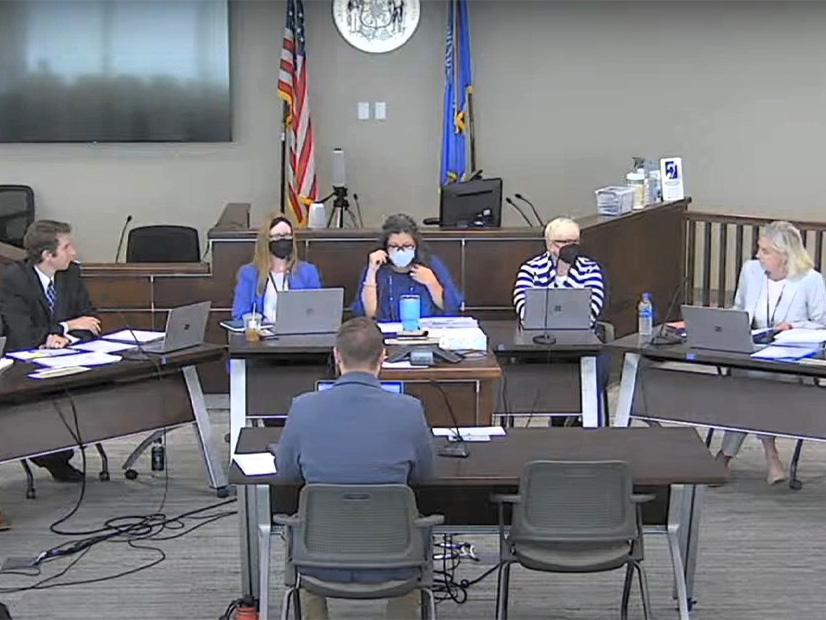Appeals Court Overturns Wis. Ban on DR Aggregation in MISO

A Wisconsin PSC meeting around the time of Midwest Renewable Energy Association's complaint on the temporary DR order | Wisconsin Public Service Commission
Jun 2, 2024
|
A court of appeals has toppled Wisconsin’s longstanding ban on aggregators of demand response participating in wholesale markets.


